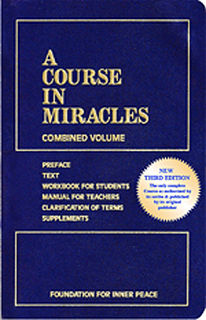A Quote by Dov Davidoff
Coming to terms with my feelings of worthlessness isn't always a bad time, but it's rarely a good one.
Related Quotes
The terms good and bad indicate no positive quality in things regarded in themselves, but are merely modes of thinking or notions, which we form from the comparison of things one with another. Thus one and the same thing can be at the same time good, bad, and indifferent. For instance, music is good for him that is melancholy, bad for him that mourns; for him that is deaf; it is neither good nor bad.
Self-absorption is always a temptation to young people, and if their religion is of a sort to add to this self-absorption, I feel that it is a serious mistake. If I had my way, the whole subject of feelings and emotions in the religious life would be absolutely ignored. Feelings there will be, doubtless, but they must not be in the least depended on, nor in any sense taken as the test or gauge of one's religion. They ought to be left out of the calculation entirely. You may feel good or you may feel bad, but neither the good feeling nor the bad feeling affects the real thing.
When it comes to partisan politics, everyone is a hypocrite. And all they care about is whether it hurts or helps them ... Is it good or bad for the Democrats? Is it good or bad for the Republicans? Is it good or bad for Jews, or good or bad for blacks, or is it good or bad for women? Is it good or bad for men? Is it good or bad for gays? That's the way people think about issues today. There is very little discussion of enduring principles.
But how can we love someone if we don't like him? Easy-we do it to ourselves all the time. We don't always have tender, comfortable feelings about ourselves; sometimes we feel foolish, stupid, asinine, or wicked. But we always love ourselves: we always seek our own good. Indeed, we feel dislike toward ourselves, we berate ourselves, precisely because we love ourselves; because we care about our good, we are impatient with our bad.
































